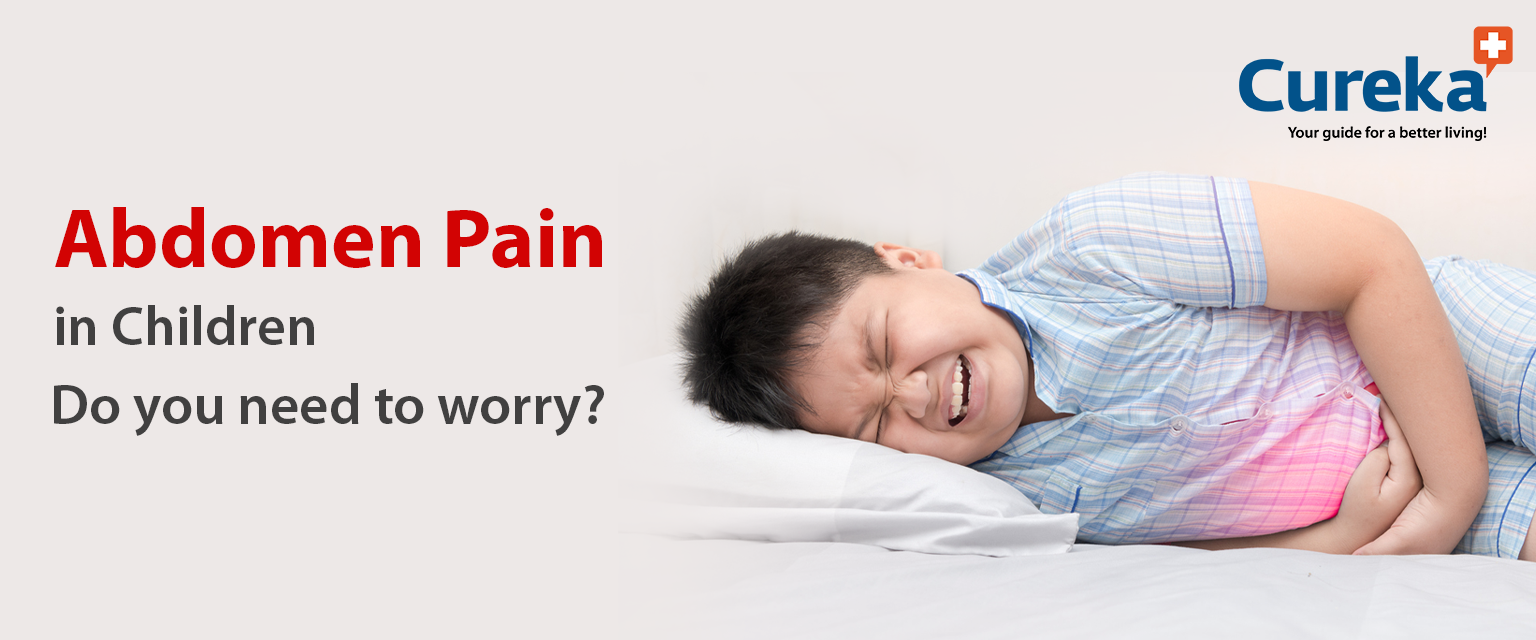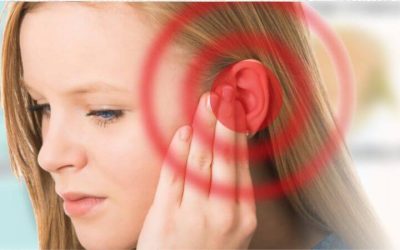Abdomen Pain In Children – Do You Need To Worry?
The majority of children complain about abdominal pain occasionally. They use terms like bellyache, tummy ache, or stomachache to explain it.
Being a parent, it’s hard to know if this abdominal pain is usual or if it is a signal of something serious like gastroenteritis or indigestion. Anxious about anything? Appendicitis? Did they gulp a toy? It’s hard to understand.
From many possible causes of children’s abdominal pain, the most general include:
Indigestion
It is a usual term that describes uneasiness in the upper abdomen. General symptoms include burning or pain in an area between the navel and breastbone or bloating within the upper abdomen. Talk with your healthcare expert if this discomfort persists. Mainly, indigestion will depart on its own. Give smaller meals to your child and use a blended diet.
Constipation
Children with constipation suffer from occasional bowel movements or dry and hard stools. They might frequently complain about stomach ache, discomfort, or bloating. Talk with your primary healthcare expert if they don’t wish to eat, lose weight, get bloody stools, or have repeated events of constipation.
Anxiety or Stress
When children become anxious or stressed, their bodies release a hormone called cortisol in the blood. It may trigger abdominal discomfort and cramps.
Intestinal obstruction
Intestinal obstruction is the blockage, which prevents liquid or food from passing by children’s colon or small intestine. It might be caused by scar tissues, a narrowing or twisting of the intestine, or in case, they swallow any object. General symptoms comprise abdominal pain, which comes or goes, and is positioned below or around the navel; inability to pass gas; constipation; abdomen swelling; or vomiting. Get instant medical attention when children have an intestinal obstruction.
Stomach Flu (Viral Gastroenteritis)
It is an infection that results in watery diarrhoea, nausea, vomiting, abdominal pain, and cramps. Seek immediate medical attention if the child gets a fever of >100.40 F, bloody diarrhoea, or significant discomfort and pain. The most important thing is to stay hydrated.
Appendicitis
Appendicitis is the swelling of appendix. It results in sudden pain, which starts around navel area and moves to low right abdomen. This pain deteriorates if children have cough, walking, or do other shaking movements. The pain of Appendicitis usually increases and finally becomes harsh. Appendicitis is a medical emergency, so these children need instant medical attention.
Symptoms
As per the causes, abdominal pain could be:
- dull or sharp
- lasting for a few minutes or hours
- mild or severe
- worse while lying down
Other symptoms might include stomach pain like:
- Abdomen Swelling
- Being Grumpy Or Fussy
- Burping
- Constipation
- Desiring To Stay Still
- Diarrheal
- Fever
- Loss Of Appetite
- Passing Gas
- Vomiting Or Nausea
Diagnosis
Usually, doctors will utilize a combination of tests and questions to know the causes of children’s abdominal pain.
A doctor may examine a child by pressing their abdomen in various places and looking for swelling and tenderness. They might also ask if the pain becomes more intense while they touch definite areas.
A physician may also suggest tests to know the cause, like:
- Blood Tests
- Ultrasound
- Stool Or Urine Samples
- X-Ray
Treatment
In most cases of abdominal pain, the child would feel better without treatment.
In case a person cares for a child having abdominal pain; they need to:
- Encourage your child to consume plenty of water, oral rehydration solution, or diluted juice
- Make sure the child gets a proper rest
- Provide the child some pain relief; however; ensure that this is suitable for the weight and age of your child
- Provide the child with blended foods like bananas, crackers, or toast
- Sit them in the toilet because passing stool might assist with the pain
Conclusion
The majority of children complain about abdominal pain occasionally. If the doctor diagnoses any underlying condition, they would suggest particular treatments for the disease.














